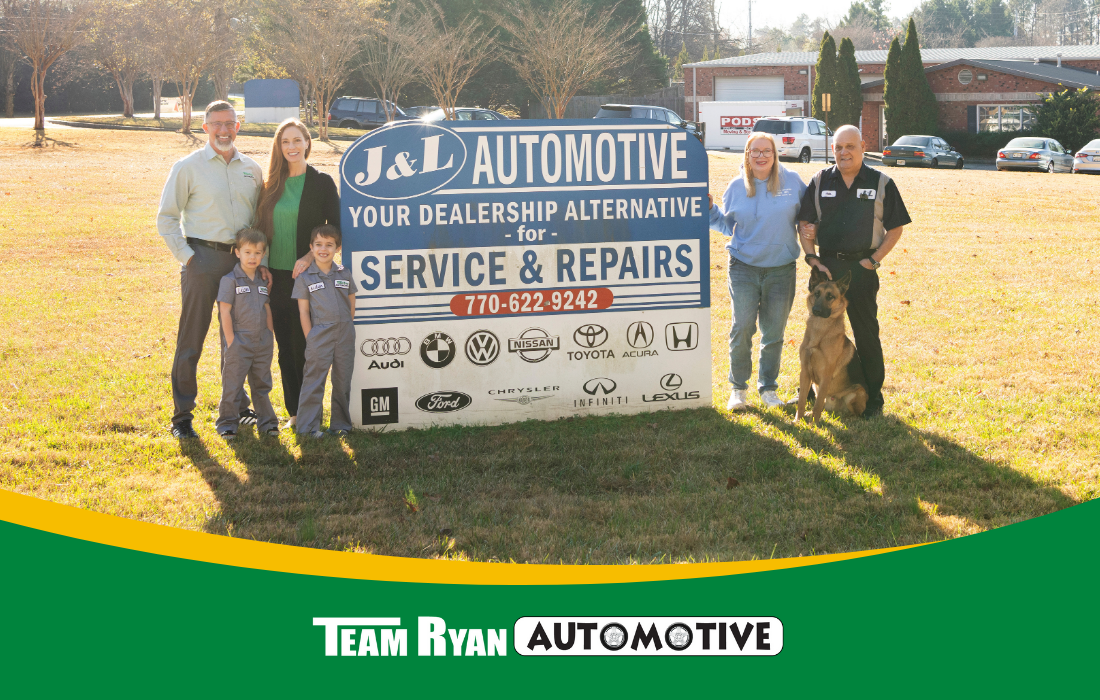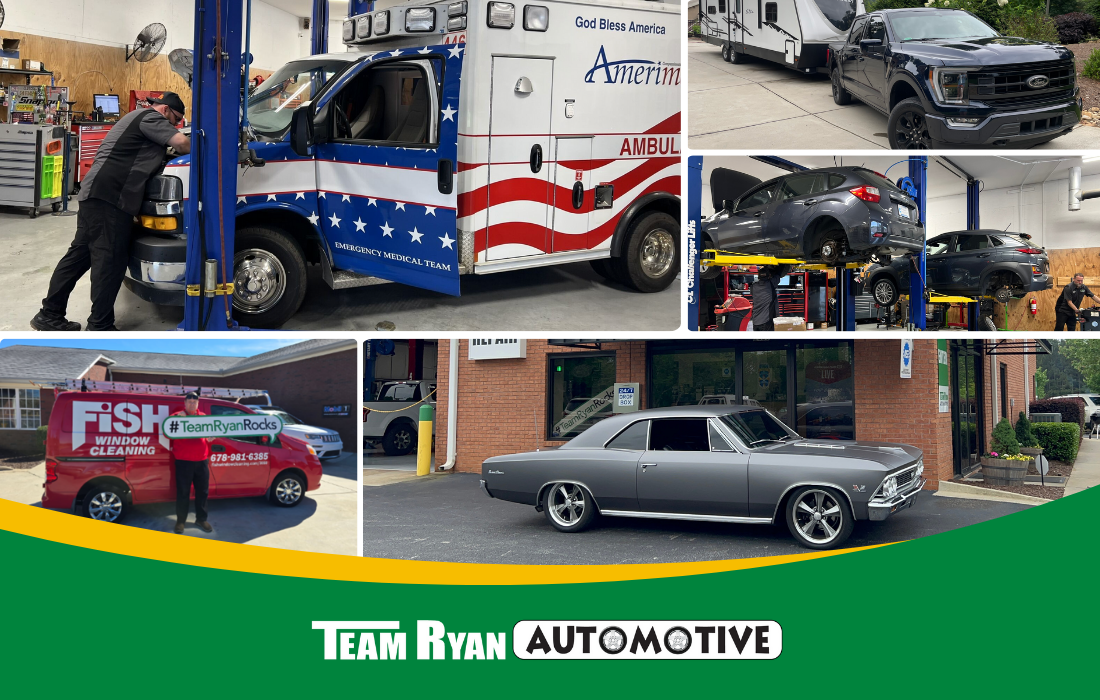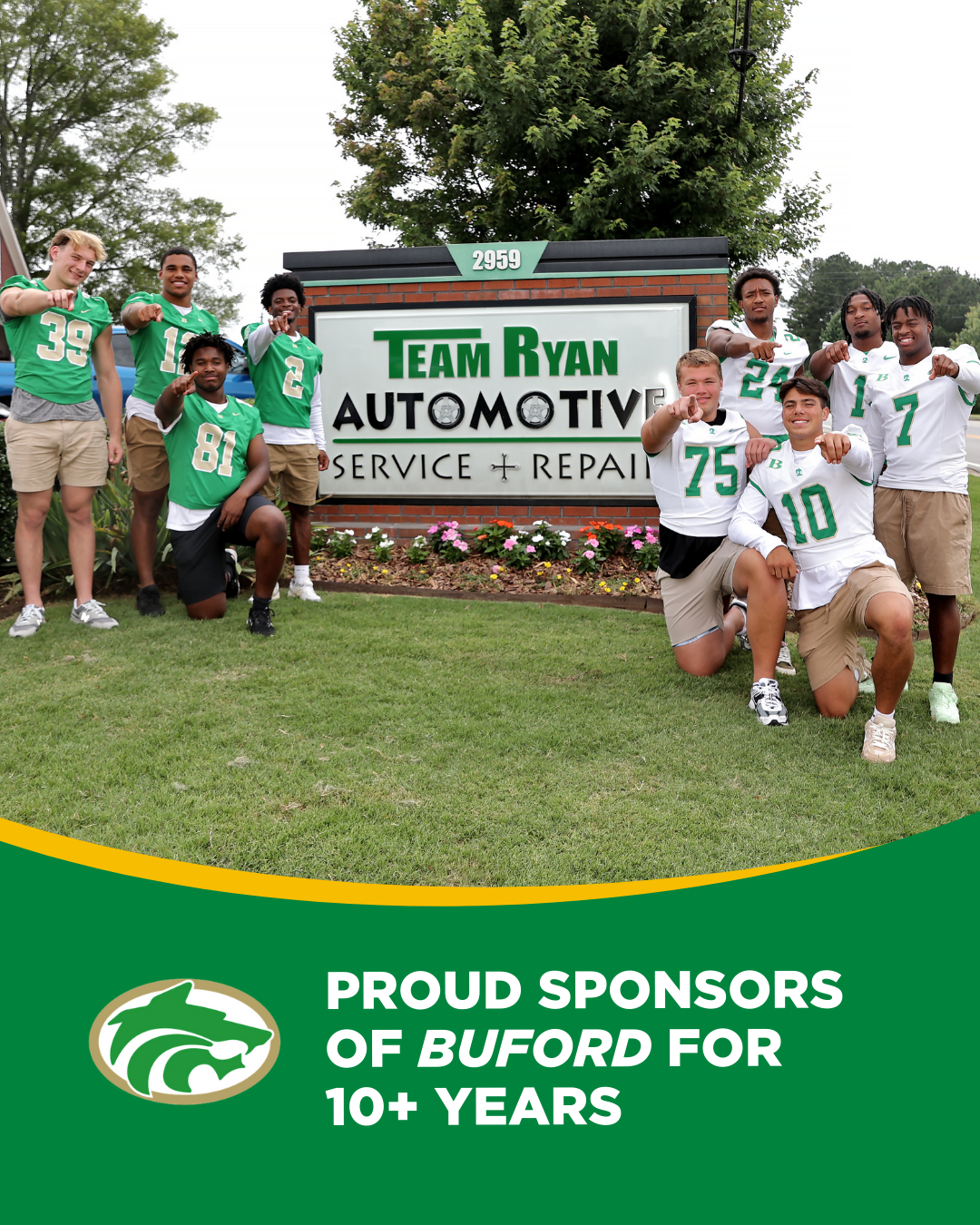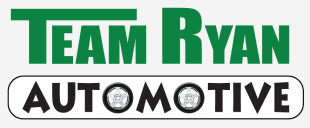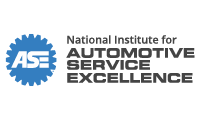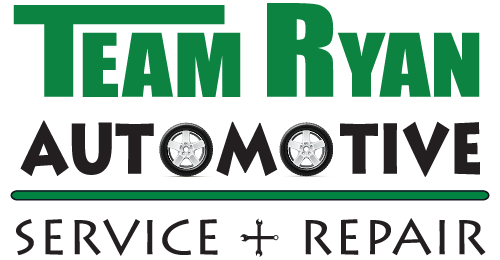Cold Weather Can Affect TPMS – Here’s How!
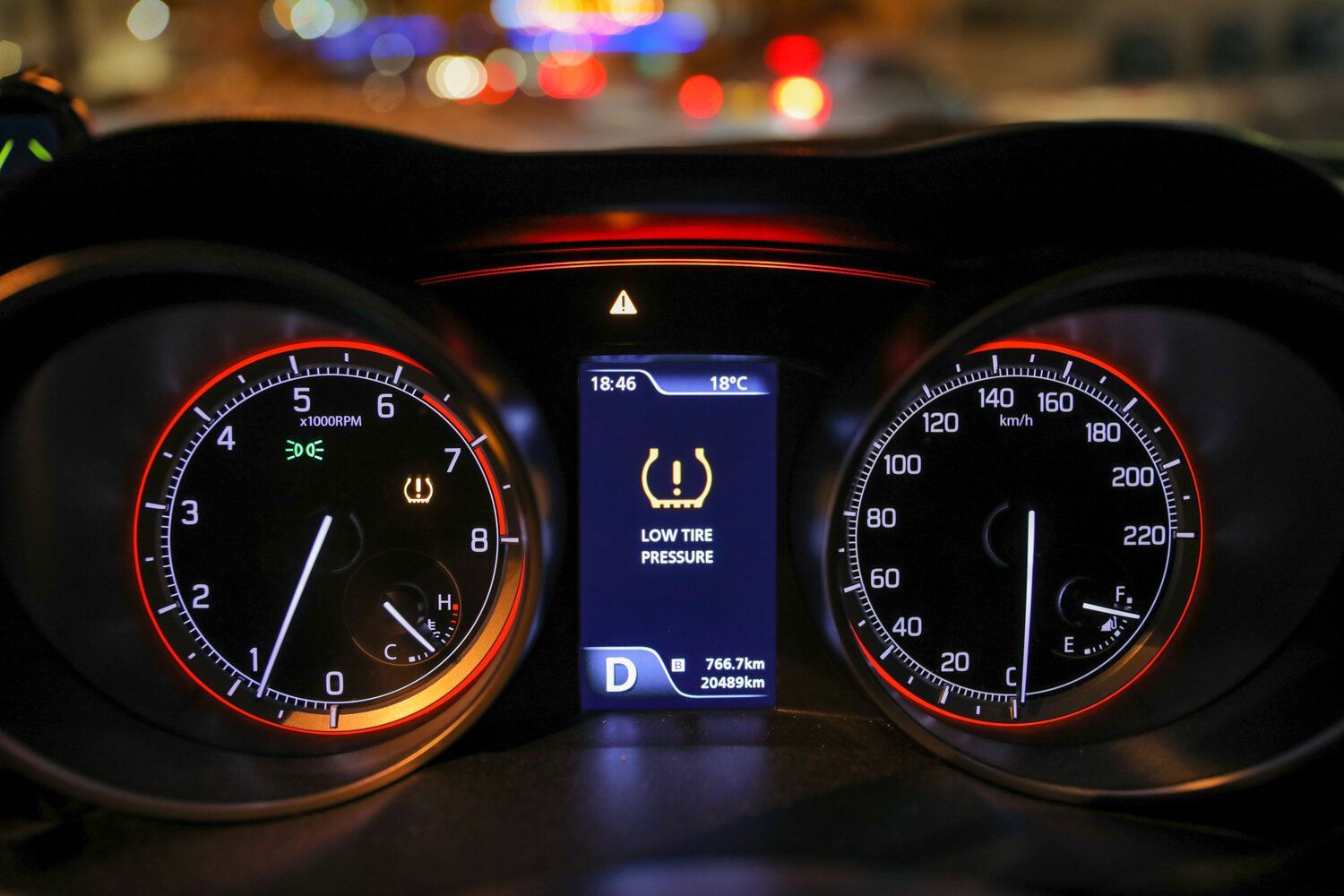
The Science of Tire Pressure
Let’s all take a trip down memory lane. Remember sitting in science class in high school and learning about the three states of matter? Your teacher would draw ice, water, then condensation on the board. A solid, liquid, and gas. Now, we use a gaseous state to inflate our tires. Now, if you’re anything like me, science was not your favorite subject. Believe it or not, it is true when teachers say science applies to everyday life. Here’s why science applies to your tires.
All three states of matter expand in heat. It’s called thermal expansion. Gas happens to expand the most when heated. Have you ever left a balloon outside in the summer only to come back to find it has popped? That’s because of thermal expansion. To get technical, heat causes the molecules (most likely helium molecules) to move faster, converting the heat energy to kinetic energy. So, the atoms themselves never truly expand, but the volume they take up does. That leads to the inevitable pop.
Cold temperatures means the opposite. When it’s cold, gas particles move a little bit slower. Think of the particles like how you feel in the morning pre-coffee. Slightly sluggish, right? We’re right there with you. Because they are sluggish and move slower, there are less collisions, and they take up less volume.
Have you ever gotten in the car earlier on a cold morning and your tire pressure light came on? Then once you start driving, after it’s warmed a bit, the light flashes off. That’s because it gets coldest at night. That causes your tires pressure to decrease (because the molecules are moving slower). Then as it gets warmer, the molecules move faster, and your tire pressure increases.
So, to put it simply, heat causes air to expand. Cold causes air to shrink. Science is kind of cool, right?
Does that mean I shouldn’t get my air checked when the light comes on in the winter?
Even though the TPMS light may turn off, you still should get your air checked out. Because the weather is colder, it’s more important to stay on top of your tire pressure because it can fluctuate so much.
Poorly inflated tires can lead to serious problems, so it is recommended to check that out when your light turns on. The indicator light does not flash on unless your tire pressure is 25% below the manufacturer's recommended air pressure. If this remains ignored, the risk of tire failure increases. For the benefit of your safety, be sure to stay on top of your tire pressure throughout the winter months.
I have a spare on. The TPMS keeps flashing on. What should I do?
First of all, we recommend getting a new tire as soon as you can. Driving on a spare for an extended period of time is not recommended. Spare tires were not made for long distance travel.
So, your indicator light keeps turning on because the spare is not connected to the system. Spares do not have TPMS sensors. Meaning, the monitoring system is telling you it can’t detect a sensor.
When is the best time to get my tire pressure where it needs to be?
During the winter months, it’s recommended you check your air pressure when the car has been sitting idle for a few hours. That is when you should inflate them to the recommended levels. Some cars will honk once the tires reach the needed pressure.
However, not all cars are equipped with this feature. It is important to be vigilant about checking the pressure with a tire gauge. You can buy it for about $10 at any local auto parts store. Most gas stations also have an air compressor, if you do not have one at home, and lots of these places provide free air. Other gas stations may require you to pay for the air, so be sure to look up free air near you before heading out.
Have Questions? Ask our Experts.
Need to Schedule Your Vehicle Service? Make an Appointment.
